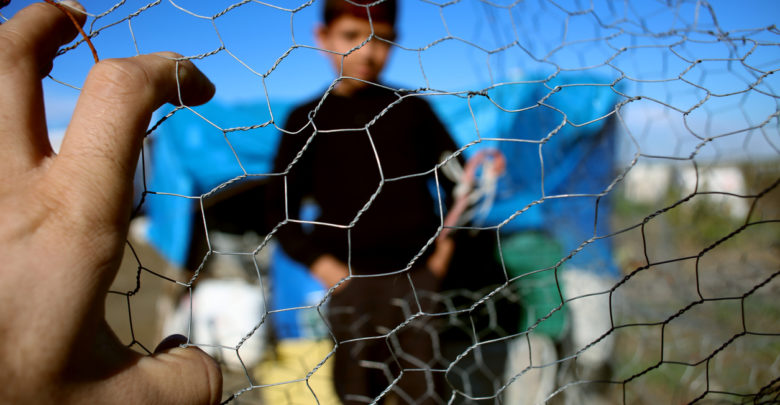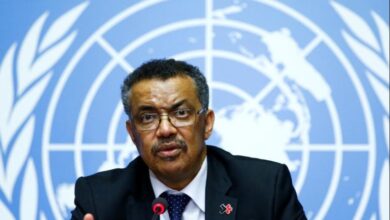World
Global Refugee Pact Gets Adopted By UN Without US & Hungary Support
181 UN member countries voted in favor of adopting the compact

The UN General Assembly on Monday adopted a Global Compact on Refugees with a huge majority of member countries supporting the pact. Around 181 countries voted in favor of adopting the Global Refugee pact the United States and Hungary voted against it, while the Dominican Republic, Eritrea, and Libya abstained.
“It is a global commitment to step up and shoulder our responsibilities toward refugees, to find solutions that respect their human rights, to provide them with hope, and to recognize the legal responsibility to protect and support them,” U.N. Deputy Secretary-General Amina Mohammed said welcoming support for the pact, reported AllAfrica.com.
She urged all member countries to begin implementing the framework as soon as possible. Hungary said a no to the Global Refugee pact as it claimed no new agreement was needed, while the US said that it backed most of the refugee pact, but it did not approve of the part that aimed at limiting asylum seekers’ detention.
The Global Compact on Refugees pact aims to strengthen the international response to large movements of refugees and their protracted situations. Currently, there are more than 25 million refugees worldwide. It is not legally binding, much like the Global Compact for Safe, Orderly and Regular Migration, which was adopted by 164 member countries at an international conference in Marrakech, Morocco for safe and regular migration.
Maria Fernanda Espinosa, the President of the UN General Assembly, said the new refugee Pact will strengthen the assistance and protection of the 25 million refugees identified in the world. The pact has four key objectives- ease pressure on refugee-hosting nations, improve refugee self-reliance, expand access to third countries for refugees via resettlement, and, support conditions for refugees to go home. The Global refugee pact also calls for a Global Refugee Forum to be held at ministerial level every four years.






